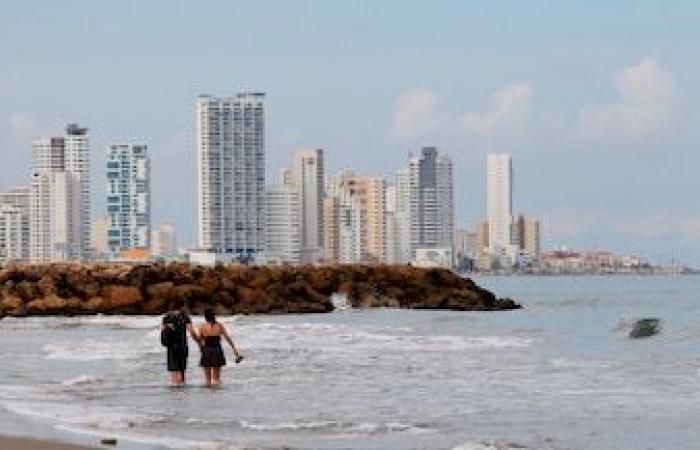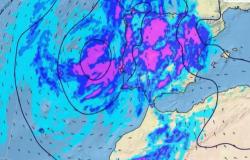He Type of climate that there is in a certain place is determined by different factors among which are altitude, latitude, relief orientation, sea distance and sea currents, giving guideline to the call “Meteorological time” which in turn is based on other elements such as temperature, pressure, wind, humidity and precipitation to delineate atmospheric conditions in a territory in a short term.
To classify the weather, the system developed by Wladimir Köppen is generally used, although there is also the Thornthwaite system, the latter that also takes into account biological diversity and the effects of climate change on it. Others such as Bergeron and Spatial Synoptic focus on the origin of the air masses that define the climate of a region.
Due to climate change, currently The planet is in a redistribution process in which some modification, however minimal, in the average annual temperature causes changes in habitats and their conditions.
In this context, here we leave you the status of time for Cartagena de Indias this Sunday.
During the day the temperature It will reach a maximum of 32 degrees, The rain forecast It will be 60%, with a cloudiness of 98%, while the wind bursts will reach 22 kilometers per hour.
As for ultraviolet rays, it is forecast to reach a level of up to 6.
For the night, the temperature will reach 26 degrees, while The probability of precipitation It will be 75%, with a 100%cloudiness, while the wind bursts will be 15 kilometers per hour at night.

Despite being on the coast of northern Colombia, very close to the Caribbean Sea, The weather in Cartagena is semi -arid, characterized by being warm and dryalthough the breeze makes it a bit pleasant.
In Cartagena la average temperature Annual is around 27 degrees Celsius, according to the Institute of Hydrology, Meteorology and Environmental Studies (IDEAM).
During the day, the maximum temperature It ranges between 31 and 33 degrees Celsius. While at night, the minimum temperature drops up to 24 and 25 degrees Celsius.
Cartagena records one long rainy season and a short dry era Throughout the year.
The rainfall season It goes from May to November, being October the rainiest month.
For its part, The dry days For Cartagena they are from December to April, being January, February and March the most dry.

The status of time in Colombia is very diversehe climate is altered due to its geographical complexity As are the coasts of the Caribbean Sea to the north, the current of the Pacific Ocean, as well as the mountain ranges that cross it through the center of north to south.
According to Ideam There are at least four types of weather In the country: Tropical, dry, temperate and high mountain cold.
In the case of Tropical climatesfour subtypes are identified: rainy or equatorial rain, forest or monsoon rain, savanna with dry winter and savanna with dry summer.
He Tropical rainy or equatorial It covers areas such as the Center and North of the Amazon, the entire Pacific Region, parts of Antioquia, the West of Santander, Boyacá and Cundinamarca, the Catatumbo area and the Amazonian foothills. While the Tropical rainy or monozonic reaches the llanero foothills and the southern ends of the Caribbean region.
The Sabana with dry winter It includes most of the Caribbean and Orinoquia region, as well as the low sectors in Santander and Antioquia. As for the Sabana with dry summer. Add the inter -Andean valleys in Tolima, Huila, Valle, Cauca and Nariño.
For him Dry climatein Colombia the very hot or very hot and very hot semi -arid or steppe. The first is perceived in the upper part of Guajira and the second in the middle and low zone of the same department more sectors of the Caribbean coast.
He Temperate climate It feels in the average and low areas of the three mountain ranges of the Colombian country; while the high mountainas his name says, at the upper levels of the three mountain ranges.









